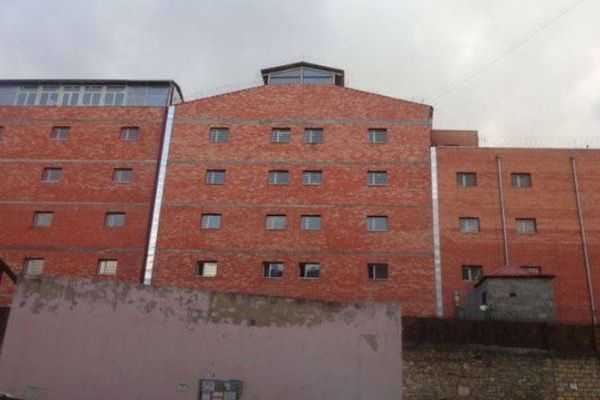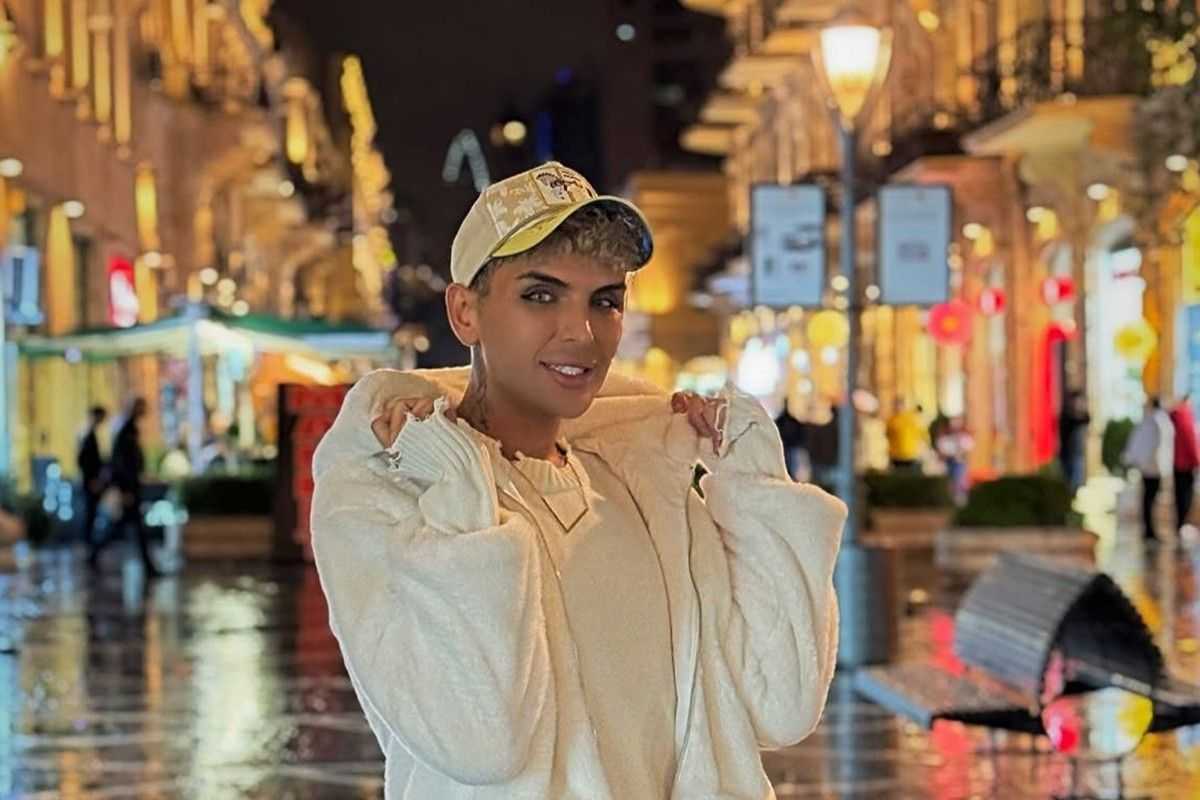
On Wednesday, South Ossetia’s Interior Ministry announced that it had appealed to parliament to draft and adopt a law ‘banning LGBT propaganda and the display of non-traditional sexual preferences,’ mirroring Russian legislation.
The Ministry reported that the initiative was undertaken following instructions from President Alan Gagloyev.
The Interior Ministry cited reports that ‘some’ South Ossetians were using Hornet, a dating and social app widely popular among gay and bisexual men globally. The statement claimed the app was ‘purportedly associated with pedophilia’ and noted that it was banned in Russia.
The allegation of pedophilia in connection to the specific app, though lacking details, appeared to be an attempt to associate not just the social platform, but rather queer identities and relationships as a whole, with sexual violence against minors, reflecting discriminatory ideologies and policies targeting queer individuals in Russia, Georgia, and elsewhere.
Although Hornet announced it would continue serving users in Russia after the country’s full-scale invasion of Ukraine and the resulting sanctions and business withdrawals, many Russian users reported losing access to the app without a VPN in the autumn of 2023.
The restriction on the app, though not officially confirmed by Russian authorities, appears to be part of broader efforts to block online platforms following the implementation of amended anti-queer legislation in Russia in early December 2022, which extended the ban to all age groups.
Less than two years later, Georgia enacted similar legislation which, while not explicitly a universal ban, effectively limited such expressions, mirroring similar legislation in Russia.
[Read more: Explainer | What’s in Georgia’s new anti-queer bill?]
The Interior Ministry acknowledged conducting an investigation into the use of Hornet while also stating they lacked the legal framework to punish those engaged in same-sex online networking.
‘The Ministry is currently verifying this information and, to maintain confidentiality, is refraining from disclosing details of the investigation. Since South Ossetia lacks legal measures to punish or hold accountable those involved in LGBT propaganda, law enforcement actions must be regulated by law’, the statement said.
The Ministry’s statement suggested potential concerns about the privacy of South Ossetians involved or assumed to be involved in same-sex dating as it pledged to address all incidents that harm ‘the reputation and dignity of citizens’, while also urging all to avoid sharing ‘unverified information’.
The authorities specified that they were ‘conducting investigative operations targeting individuals who distribute photos of residents of the Republic in anonymous Telegram channels, allegedly linking them to LGBT propaganda and tarnishing their honour and dignity’.
There are no publicly known queer advocacy groups in South Ossetia. ‘While Russian-style legal restrictions on LGBT+ people have yet to be imposed, there are no initiatives to recognise or support their rights [in South Ossetia], and the high level of societal hostility toward them has prompted most to hide their identity or leave the territory,’ the US-based pro-democracy group Freedom House reported earlier this year.
For ease of reading, we choose not to use qualifiers such as ‘de facto’, ‘unrecognised’, or ‘partially recognised’ when discussing institutions or political positions within Abkhazia, Nagorno-Karabakh, and South Ossetia. This does not imply a position on their status.









